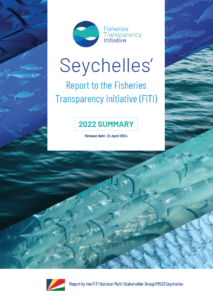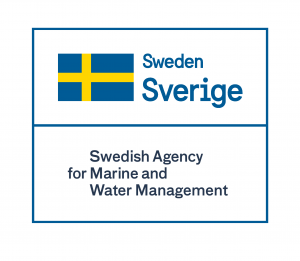
The global movement for transparency and open government data has been justified for many reasons. It is seen as fundamental to modern ideas of democratic governance, to improve public service delivery and citizen engagement. But most prominently, transparency is linked to enhance effective oversight and accountability.
However, in times where many governments focus on post COVID-19 economic recoveries, ‘good governance’ approaches alone may not emphasise the importance (and political priority) that needs to be given to transparency to strengthen sustainable marine fisheries.
Consequently, transparency in marine fisheries management must also be positioned as a value-adding approach for countries, in particular by clearly demonstrating socio-economic benefits. Yet, there is very little research or evidence available where market or non-market based benefits incentivise governments to proactively publish information.
With its new programme ‘beneFiTIng’, the FiTI seeks to:
- Improve the understanding of how incentives can and do influence governments to improve their transparency on fisheries management;
- Identify real-world examples where the publication of government information on fisheries management – as determined by the FiTI Standard – led to improved government performance (e.g. enhanced revenue collection, reduced spending); and
- Analyse market-based mechanisms, i.e. seafood certifications, seafood production (wild catch) policies, and relevant trade agreements regarding mechanisms for incentivising the proactive publication of fisheries management information by governments.
Relevant posts
- Support for the FiTI in Latin America compatible with Escazu Agreement

- Seychelles’ latest FiTI Report shows benefits of making fisheries transparency ‘mainstream’

- New report shows benefits for FiTI countries when seeking eco-certification of fisheries

- SwAM initiates study on economic benefits of government transparency in marine fisheries management
